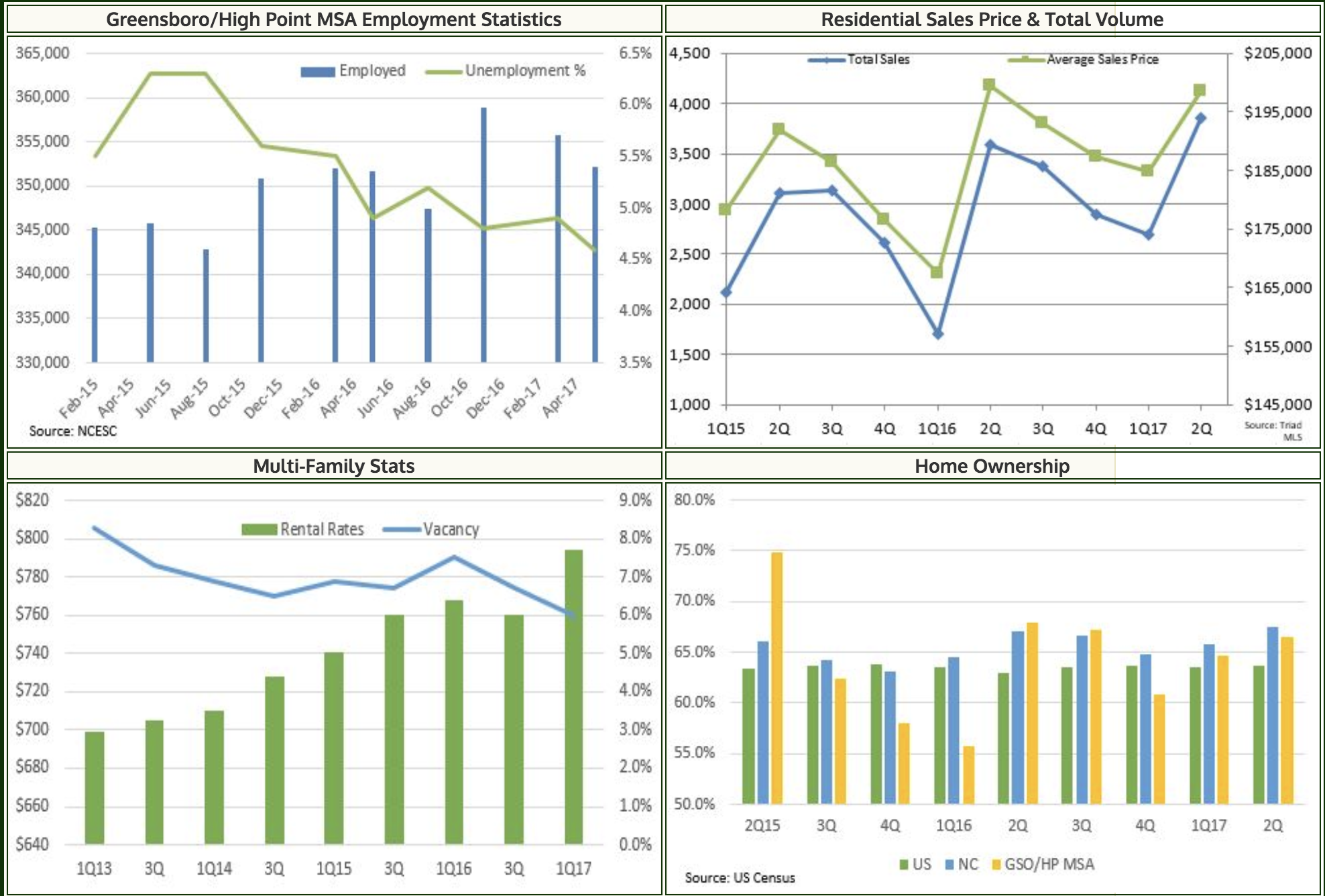
Rental Properties 101
Selling is a topic that has come up many times with many of our clients, especially with all of the good press on the sales market. But is it a good idea? To answer that question, we will rely on our own insight of the local market, resources from our Certified Public Accountant, and a recent article in the National Association of Residential Property Managers Residential Resource publication.
First, and foremost, it is very important that you put on your business thinking cap prior to making any decision. The moment you placed a tenant in your investment property, you started a new business. Your rental property, in most cases, became classified as an investment property in the eyes of the Internal Revenue Service. Thus, all revenues and expenses related to the business create tax considerations.
The return on investment for a rental property is made up of many factors, including the purchase price, operating revenues, operating expenses, non-operating expenses, and changes in market value (both up and down). The tax implications of each item plays a factor. There have been many books written on each of these topics, but we will try and condense each one into a few short sentences to provide a broad overview of each component of return.
Purchase price is not a factor that we deal with on a large basis, as almost 100% of our clients already own the rental property when they come to us. We do offer buyer side representation and acquisition due diligence as a service should you desire that service.
Categorized as a non-operating expense, depreciation is one of the real benefits to being in the rental property business. The depreciable cost basis, which is defined as the purchase price plus capital improvements less value of land (land is not depreciable), is deductible from any profit you generate- typically creating a tax loss on an investment property. For a residential property, the cost basis is divided by 27.5 to determine the annual deduction, subject to first and last year adjustments. A typical tax deduction for a $100,000 purchase price property that you spent $15,000 in capital improvements with a land value of $25,000 would be $3,273 ($115,000 + $15,000-$25,000 divided by 27.5). What this means is that you can create $3,273 in yearly cash flow without being immediately taxed on it.
Operating expenses are another component to any business, including the rental home business. The positive thing for rental properties is that, in most cases, these expenses are deductible from your income. Some of the expenses that are deductible include management fees, maintenance costs, property taxes, insurance, and homeowners association dues. Pretty much any cost you incurred as a result of owning the property is a business expense.
Interest paid on a property mortgage is, typically, a deductible business expense and can be used to further reduce your income.
Now that we have outlined the basic financial components of your rental business, let's take a look at how they all fit together. Below is an example of a typical rental property operation for one year using the aforementioned $100,000 purchase price example, 10% down payment, 30 year mortgage, and 4.5% interest rate:
- Depreciable basis: $90,000
- Yearly income: $12,000
- Yearly expenses: $4,800
- Yearly mortgage: $6,293
- Estimated interest: $4,585
- Cash flow: $907
OK, while the example above might not seem like anything great, let's now take a look at the real after tax impact of this business. For illustrative purposes we will assume a 30% state and federal tax rate.
- Income: $2,615
- Depreciation: ($3,272)
- Taxable income: ($657)
- Tax savings: $197
Here is a brief summary of the example presented. You have paid down the principal on your loan by $1,708, received $907 in positive cash flow, received direct tax savings of $197, AND best of all, someone else paid it all for you in the form of rent. This example is not withstanding of any appreciation you might have received.
It is inevitable that at some point an investment is sold, after all that is how you receive a final return on an investment. As with any investment, the sale creates a taxable event and real estate is no different. The sale of a rental property is subject to capital gains tax and cost recovery of the depreciation claimed.
Capital gains operate similarly to most other investments and are typically taxed at 15% of the gain, subject to income levels and length of ownership. Depreciation claimed during the period of ownership must also be claimed as income and is taxed at the rate of 25%.
Using our prior example, here is what a sale would look like if the investment was sold for $130,000 after 5 years of ownership:
- Capital gain: $15,000
- Tax: $2,250
- Cost recovery: $16,365
- Tax: $4,091
- Total tax on sale: $6,341
Obviously, the financial aspects of the rental property business are very complicated and a quick, uninformed decision could have unintended consequences in the way of a large tax obligation.
The examples offered are not meant to be financial advice and you should consult your financial professional prior to making any decisions. Please let us know if you want more information.
Market Statistics

Service Announcements
Client Services Dedicated E-mail:To reach your dedicated Client Services Team via e-mail, just use the e-mail address client@birchmgmt.com and our entire Client Services team will receive it and respond promptly.
Client Services Direct Dial Number: To reach your dedicated Client Services Team, simply dial 844-5CLIENT (525-4368) to be routed to our entire Client Services Team. If someone is available your call will be answered, if you get our client voicemail please leave a detailed message so we may return your call as soon as possible. Do keep in mind that our Client Services Team is always on the go evaluating the needs of your properties!
Owner Web Login: Our industry leading owner web login on our website is our clients' link to their information. Here is a sample of the information that is available by logging into your secure account on our website:
- Account Balance
- Open Payables
- Open Receivables (has my tenant paid)
- Service Issues
- Posted Invoices- retrieve and store copies of all invoices posted to your account
Operating Schedule: Our regular operating hours are Monday to Thursday 8:30am-5:00pm and Fridays from 8:30am-
4:00pm. Our next scheduled office closing will be Labor Day, Monday September 4, 2017.
Our Mission
Our mission is to offer personalized and professional service to both our clients and customers by building strong relationships, utilizing the latest technology, implementing effective marketing strategies, following consistent systems all with honesty and integrity throughout every facet of our business.






